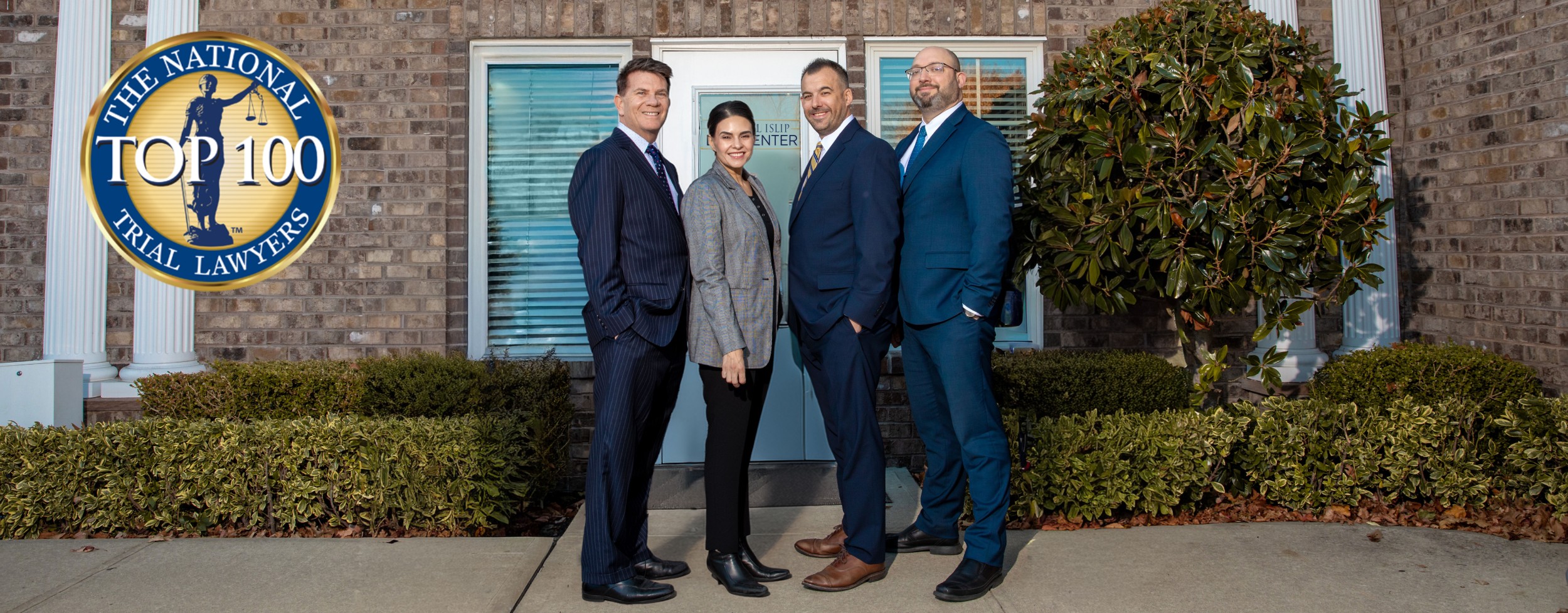The Fourth Amendment of the United States Constitution says that a citizen cannot be the subject of an unreasonable search or seizure without a warrant backed by probable cause. But in the Supreme Court case Katz v. U.S., the Court ruled that the Fourth Amendment applies only in cases where a person has a “reasonable expectation of privacy.” And it’s not always obvious when you have a reasonable expectation of privacy, at least by the court’s standards.
One of the most basic rules of thumb is that a citizen has a reasonable expectation of privacy in their own home, and in the area immediately around their home (legally referred to as the “curtilage”). Conversely, a person does not usually have a reasonable expectation of privacy when it comes to things they do in public, which includes anything done on a publicly visible website (such as most social media sites). Thus, the police never need a reason to initiate a search or seizure for anything done in the open, but they almost certainly will require a warrant to search your home or arrest you in your own home.
However, there are plenty of exceptions to this basic rule. A common one is the automobile exception, which allows a police officer to search your car at a traffic stop, because of the risk that you’d drive away and dispose of evidence. Another exception is known as the “administrative search,” such as those carried out by border guards on people travelling to another country, or by health inspectors checking to see if a restaurant is compliant with the health code. Recently, the Supreme Court ruled that ex-convicts out on parole never have a reasonable expectation of privacy, and so a police officer never requires probable cause to initiate a search or seizure on them.
This is not an exhaustive list of exceptions by any stretch of the imagination. This is one of many reasons that you’ll need strong legal representation if you’re ever put under arrest. A New York criminal defense lawyer, who is experienced in handling criminal cases of all sorts, can advise you of your legal rights and will fight for your best interests in court. If you or your loved one has been arrested, contact the Suffolk County criminal defense attorneys at McGuire, Peláez and Bennett at (631) 348-1702.



